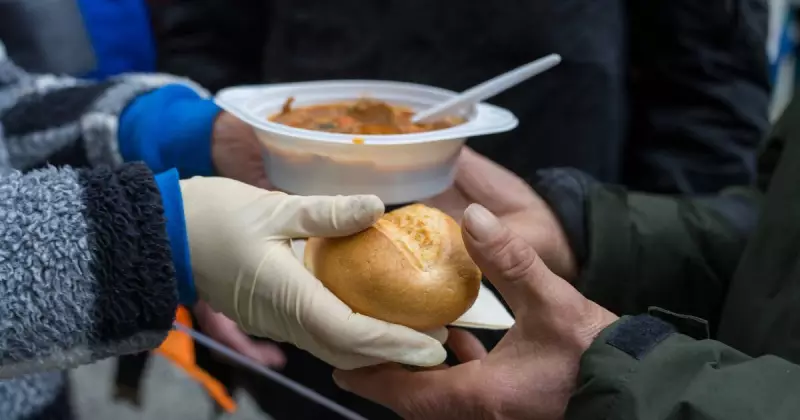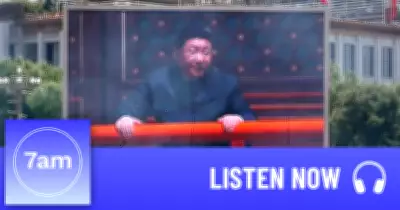
The Nobel Prize and the Power of Humility
When the winner of the 2025 Nobel Peace Prize was announced last month, US President Donald Trump was notably displeased, voicing his objections repeatedly. Having recently brokered a ceasefire in Gaza, he was adamant that he should have been named the recipient.
However, practical rebuttals to his complaints existed. The Nobel committee's decision had been finalised before the Gaza ceasefire was achieved. Furthermore, Trump had not sufficiently met the prize's primary criterion: that the winner has done the most or best to advance fellowship among nations.
A more fundamental reason for his disqualification was his very public agitation for the award. This is a surefire path to automatic disqualification, as the Nobel is traditionally awarded to more selfless individuals who carry out their work with a significant degree of humility.
Maria Corina Machado: A Worthy Recipient
The actual 2025 recipient, Venezuelan Opposition Leader Maria Corina Machado, demonstrated this principle perfectly. In her acceptance speech, she went out of her way to acknowledge Donald Trump. Her apparent reluctance to hog the limelight made her an even more worthy winner.
This aligns with a long history of the prize being awarded to people most of us had never heard of beforehand. It reinforces the idea that we should reward those who do good without demanding recognition. On a smaller, everyday scale, this is the same principle we apply to random acts of kindness performed by strangers who expect no thanks in return.
The Ripple Effect of Everyday Kindness
Kindness costs nothing, and yet we all reap the benefits. Newspapers and social media pages frequently feature public thank-yous to unnamed individuals—the person who helped carry groceries, assisted someone after a fall, paid for a coffee, or jumpstarted a car.
These acts, which often cost little or nothing to perform, significantly increase the happiness of both the giver and the receiver. Some acts of kindness do involve financial contribution, such as a stranger paying for the groceries of someone struggling at the checkout or a benefactor helping a community get back on its feet.
Even known philanthropists often prefer their donations to remain anonymous. The key attribute here is not anonymity, but humility. By protesting his lack of international recognition, Donald Trump demonstrates, ever more forcefully, that humility is not part of his character.
Ultimately, it is the countless nameless people throughout the world who, each day, prop up global goodwill simply by being good humans. This is a mentality we should all aspire to, whether motivated by karma—paying it forward—or simply by doing what feels right without overthinking it.
Letting someone ahead in a supermarket queue, volunteering at a school fete, mowing a neighbour's lawn, or escorting a young person to their car after dark are all simple, powerful contributions. It is ironic that it takes someone as hubristic as Donald Trump to remind us of the profound importance of random acts of kindness, but this is the world we live in.





